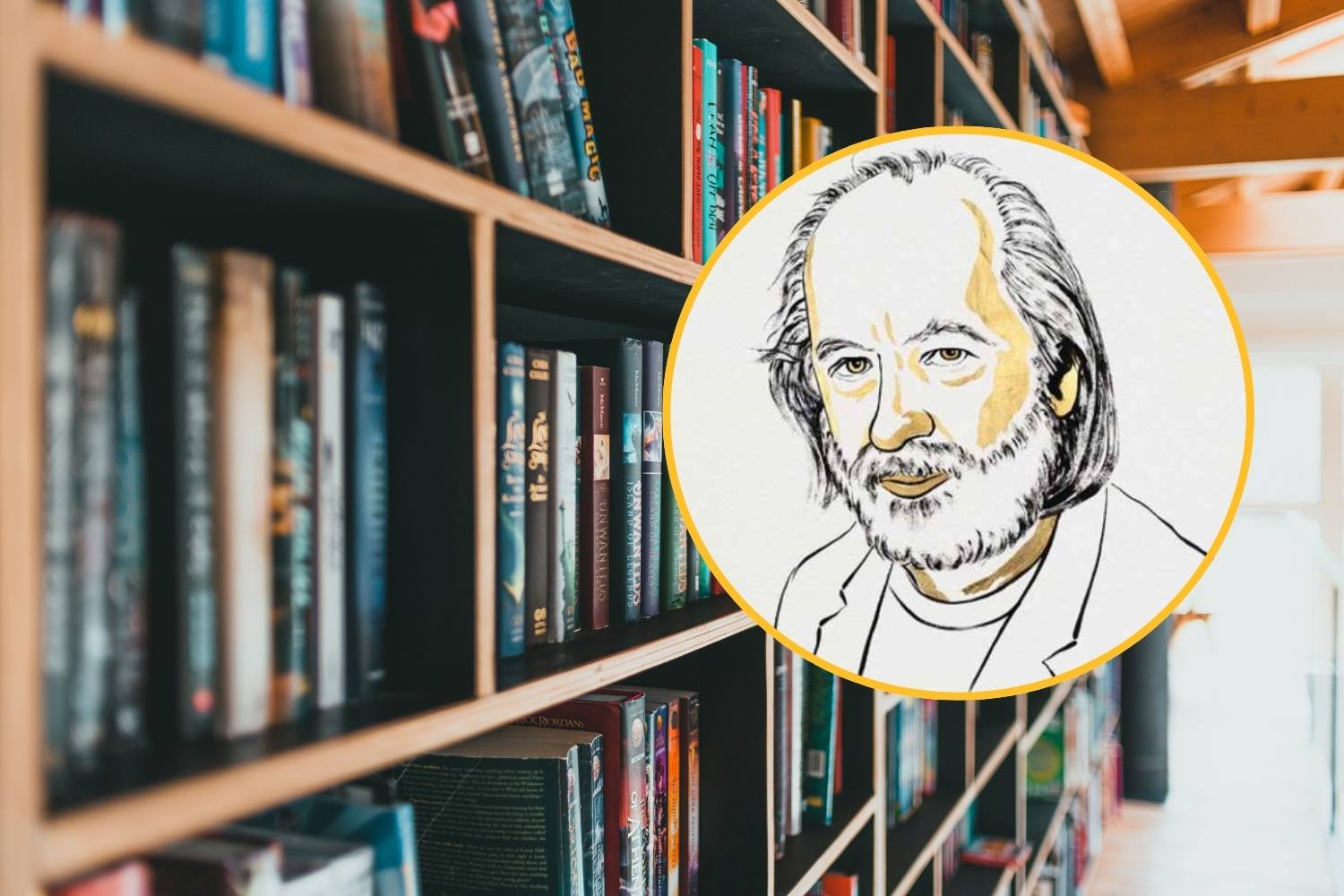László Krasznahorkai, 2025 Nobel Prize in Literature winner, is the "master of the Apocalypse." Three essential books to enter his dystopian and visionary universe

Table of contents
Hungarian writer László Krasznahorkai has won the 2025 Nobel Prize in Literature, establishing himself as one of the greatest living authors. The recognition comes “for his compelling and visionary body of work which, in the midst of apocalyptic terror, reaffirms the power of art.” A reclusive and meditative author, Krasznahorkai has built over forty years a unique literary universe, made of metaphysical anguish, dark irony, and painful beauty. His endless sentences drag the reader into a stream of thoughts that unites Kafka, Bernhard, and biblical pessimism. To understand the greatness of this “master of the Apocalypse,” let’s explore three fundamental works to read (or rediscover) after the Nobel.
The 2025 #NobelPrize laureate in literature László Krasznahorkai also looks to the East in adopting a more contemplative, finely calibrated tone. The result is a string of works inspired by the deep-seated impressions left by his journeys to China and Japan.
About the search for… pic.twitter.com/TpXMQZdAR7
— The Nobel Prize (@NobelPrize) October 9, 2025
“Satantango”: waiting as condemnation
In his debut novel, Satantango, László Krasznahorkai takes the reader to a ruined Hungarian countryside, where a small community of peasants awaits the return of a mysterious man, Irimiás. Satantango is a slow and disturbing dance between disillusionment and hope, a tale that reveals the fragility of the human soul facing the promise of salvation.
With a stream-of-consciousness style, made of endless and hypnotic sentences, the writer constructs a microcosm where material decay intertwines with moral decay. The novel, later adapted for cinema by Béla Tarr with the same title, marks the beginning of his unmistakable apocalyptic language, capable of uniting realism and metaphysical vision.
“Seiobo There Below”: beauty as redemption
In Seiobo There Below, the author abandons the Europe of anguish to turn his gaze toward the East. The novel is a meditation on beauty and artistic creation, where each story explores the link between art and spirituality.
Drawing inspiration from the Japanese myth of Seiobo, the goddess of beauty, Krasznahorkai constructs a mosaic of stories ranging from Kyoto to Renaissance Florence. His style becomes contemplative, almost zen-like: every page invites the reader to find the sublime in detail, to slow down the pace and observe the world as a craftsman or painter would.
“Baron Wenckheim’s Homecoming”: the twilight of the West
With Baron Wenckheim’s Homecoming, winner of the National Book Award for translated literature, Krasznahorkai delivers one of his most visionary and corrosive novels. Baron Béla Wenckheim returns to his hometown seeking peace and love, but finds a world corrupt, neurotic, and on the verge of collapse.
Between political satires and existential reflections, the author draws a funeral symphony of the West, where irony mixes with disenchantment. It is a return to origins, but also a farewell: Krasznahorkai’s voice becomes that of a disillusioned prophet observing the world burn, reminding us that only art can save us from nothingness. After the Nobel, these pages appear even more prophetic: in a world plummeting toward the end, Krasznahorkai reminds us that only art can save us.
BREAKING NEWS
The 2025 #NobelPrize in Literature is awarded to the Hungarian author László Krasznahorkai “for his compelling and visionary oeuvre that, in the midst of apocalyptic terror, reaffirms the power of art.” pic.twitter.com/vVaW1zkWPS— The Nobel Prize (@NobelPrize) October 9, 2025
